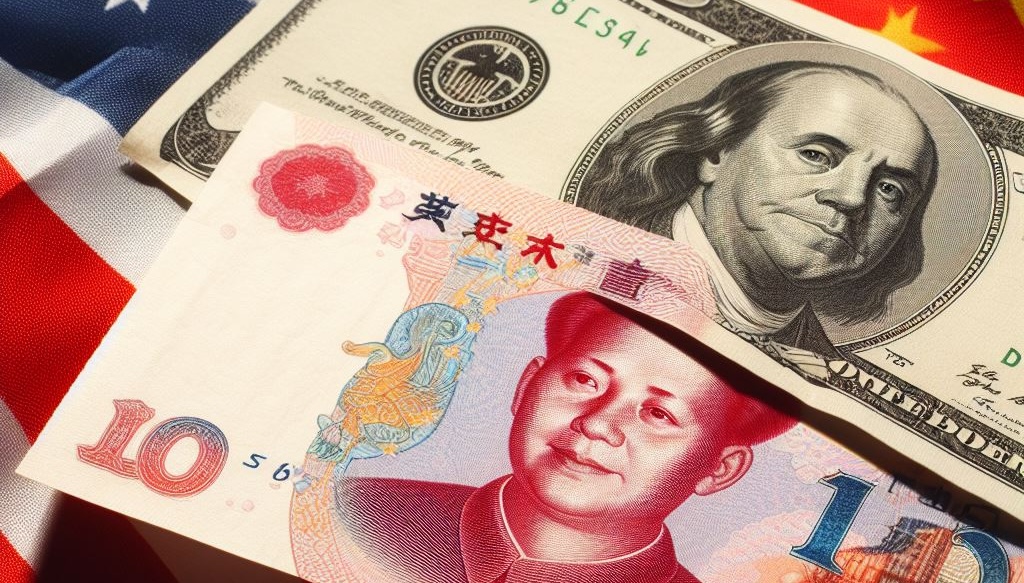Q: “has China shown the IMF, the deal that has supposedly been struck between the China EXIM Bank and Sri Lanka?”
A: “We have not seen the details of this yet, but this again should come out through our routine engagement.”
Transcript of the Press Briefing on the 2023 China Article IV Consultation Mission
That exchange, in the latest press briefing by the IMF on China, caused us to revisit our post on Sri Lanka’s debt situation and provides an opportunity to expand on the broader geopolitical issues at play.
China’s interactions with multilateral financial institutions embody its larger international ambitions. Through strategic policy choices and leveraging its creditor status, China is actively working to transform these institutions, seeking a balance between its duties and rights, and striving to infuse the global financial governance structure with its own brand of influence.
Holding a significant voting power in the IBRD, the lending arm of the World Bank, China ranks as the third most influential member. Despite its own utilization of loans and aid from these institutions, China has emerged as a key donor, indicating its strategic use of these platforms to bolster its international influence.
Historically, China has had a positive and constructive relationship with the World Bank, harkening back to interactions in the era of Deng Xiaoping. This relationship, however, is now characterized by an active Chinese policy aimed at increasing its say in the governance of these institutions, in line with its broader international policy goals and a vision for global governance that accommodates its interests.
China’s challenge to the established financial order is marked by its ascent as the world’s largest official creditor, surpassing the combined lending power of the World Bank, IMF, and the 22-member Paris Club. This newfound status is being leveraged to push for reforms in the global financial system, such as calling for the participation of the IMF and World Bank in debt restructuring efforts, challenging the traditional immunity of these organizations from such processes.
The crux of Beijing’s argument lies in the assertion that if institutions like the World Bank take priority over China in debt repayment, then China should correspondingly have greater voting rights and a larger stake in these banks. This stance underscores a belief that China’s contributions to development finance should be on par with the rights and influence it exercises within these institutions.
